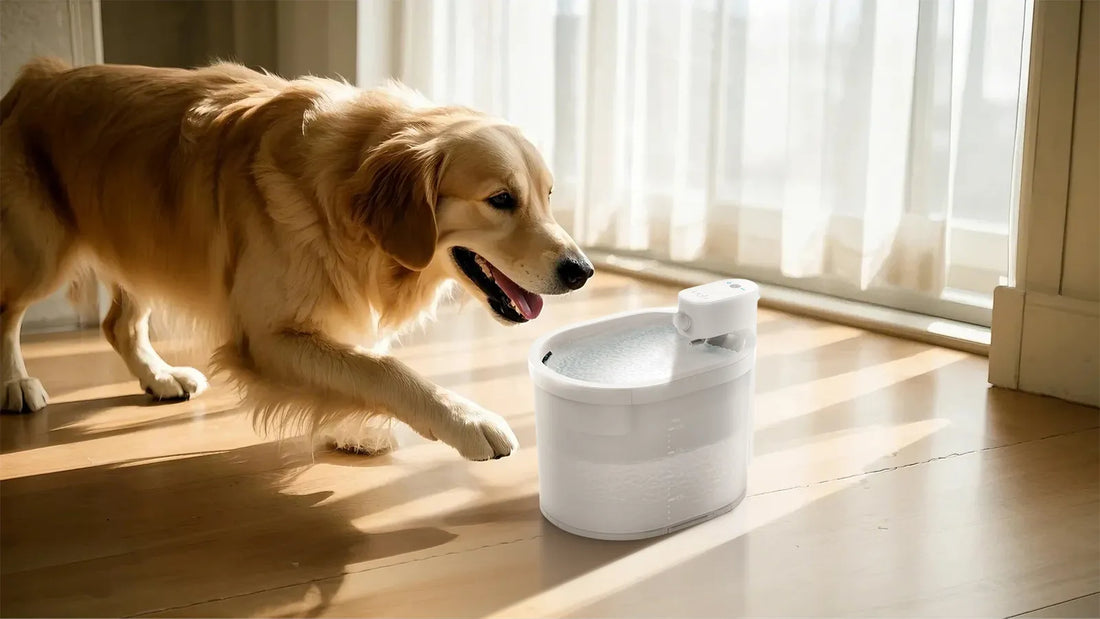When it comes to your cat's health, oral hygiene is often overlooked. However, cat teeth cleaning is a crucial aspect of their overall well-being. Just like humans, cats can suffer from dental issues such as plaque buildup, gum disease, and tooth decay. Neglecting their oral health can lead to serious health problems, including infections that can spread to other parts of the body. In this article, we will explore the importance of cat teeth cleaning and provide you with practical tips to ensure your feline friend maintains a healthy mouth.
Why Cat Teeth Cleaning is Important
Regular cat teeth cleaning is essential for preventing dental diseases that can affect your cat's quality of life. Plaque and tartar buildup can lead to gingivitis, a condition characterized by inflamed gums. If left untreated, gingivitis can progress to periodontitis, which can cause tooth loss and even damage to the jawbone. Additionally, bacteria from dental infections can enter the bloodstream and affect vital organs such as the heart, liver, and kidneys. By incorporating cat teeth cleaning into your pet care routine, you can help prevent these issues and ensure your cat stays healthy and happy.
Signs Your Cat May Need Dental Care
It's important to be aware of the signs that your cat may need dental care. Some common indicators include bad breath, drooling, difficulty eating, and pawing at the mouth. You may also notice red or swollen gums, loose teeth, or a change in your cat's behavior, such as increased irritability or lethargy. If you observe any of these symptoms, it's crucial to consult your veterinarian for a thorough dental examination. Early detection and treatment of dental issues can prevent more serious health problems down the line.
How to Clean Your Cat's Teeth at Home
Cleaning your cat's teeth at home can be a challenging task, but with patience and the right approach, it can become a regular part of your pet care routine. Start by introducing your cat to the idea of having their teeth cleaned. Gently touch their mouth and gums to get them used to the sensation. Once they are comfortable, you can begin using a cat-specific toothbrush and toothpaste. Never use human toothpaste, as it can be toxic to cats. Brush your cat's teeth in small, circular motions, focusing on the gum line. Aim to brush their teeth at least two to three times a week for optimal results.
Professional Cat Teeth Cleaning
While at-home care is important, professional cat teeth cleaning is also necessary to maintain your cat's oral health. Veterinarians recommend scheduling a dental check-up at least once a year. During a professional cleaning, your vet will remove plaque and tartar buildup, polish your cat's teeth, and check for any signs of dental disease. In some cases, your vet may recommend dental X-rays to assess the health of your cat's teeth and jawbone. Professional cleanings are performed under anesthesia to ensure your cat remains comfortable and stress-free throughout the procedure.
Tips for Maintaining Your Cat's Oral Health
In addition to regular brushing and professional cleanings, there are several other ways to maintain your cat's oral health. Providing dental treats and toys can help reduce plaque and tartar buildup. These products are designed to promote chewing, which can naturally clean your cat's teeth. You can also consider adding a dental water additive to your cat's drinking water to help fight bacteria and freshen their breath. Lastly, feeding your cat a balanced diet that supports dental health can make a significant difference. Look for cat food that is specifically formulated to promote oral hygiene.
Common Myths About Cat Teeth Cleaning
There are several misconceptions about cat teeth cleaning that can lead to neglect of your cat's oral health. One common myth is that cats don't need dental care because they clean their teeth naturally. While cats do groom themselves, this is not sufficient to prevent dental issues. Another myth is that dry food cleans a cat's teeth. While dry food may help reduce plaque buildup to some extent, it is not a substitute for regular brushing and professional cleanings. It's important to debunk these myths and prioritize your cat's dental care to ensure their long-term health.
The Role of Diet in Cat Dental Health
Your cat's diet plays a significant role in their dental health. Feeding your cat a balanced diet that includes essential nutrients can help support strong teeth and gums. Avoid giving your cat sugary treats, as these can contribute to plaque and tartar buildup. Instead, opt for dental-specific treats that are designed to promote oral hygiene. Additionally, providing your cat with fresh water at all times can help wash away food particles and bacteria that can lead to dental issues. A healthy diet, combined with regular dental care, can go a long way in maintaining your cat's oral health.
When to Seek Veterinary Care
If you notice any signs of dental issues in your cat, it's important to seek veterinary care as soon as possible. Early intervention can prevent more serious health problems and ensure your cat receives the necessary treatment. Your vet may recommend a professional cleaning, dental X-rays, or other treatments depending on the severity of the issue. Regular dental check-ups are also essential for monitoring your cat's oral health and catching any potential problems early. Don't hesitate to consult your vet if you have any concerns about your cat's dental health.
Cat teeth cleaning is a vital part of your feline's overall health and well-being. By incorporating regular brushing, professional cleanings, and a balanced diet into your pet care routine, you can help prevent dental issues and ensure your cat stays healthy. Remember, early detection and treatment of dental problems can make a significant difference in your cat's quality of life. Start prioritizing your cat's oral health today and enjoy the peace of mind that comes with knowing you're doing everything you can to keep your furry friend happy and healthy.














